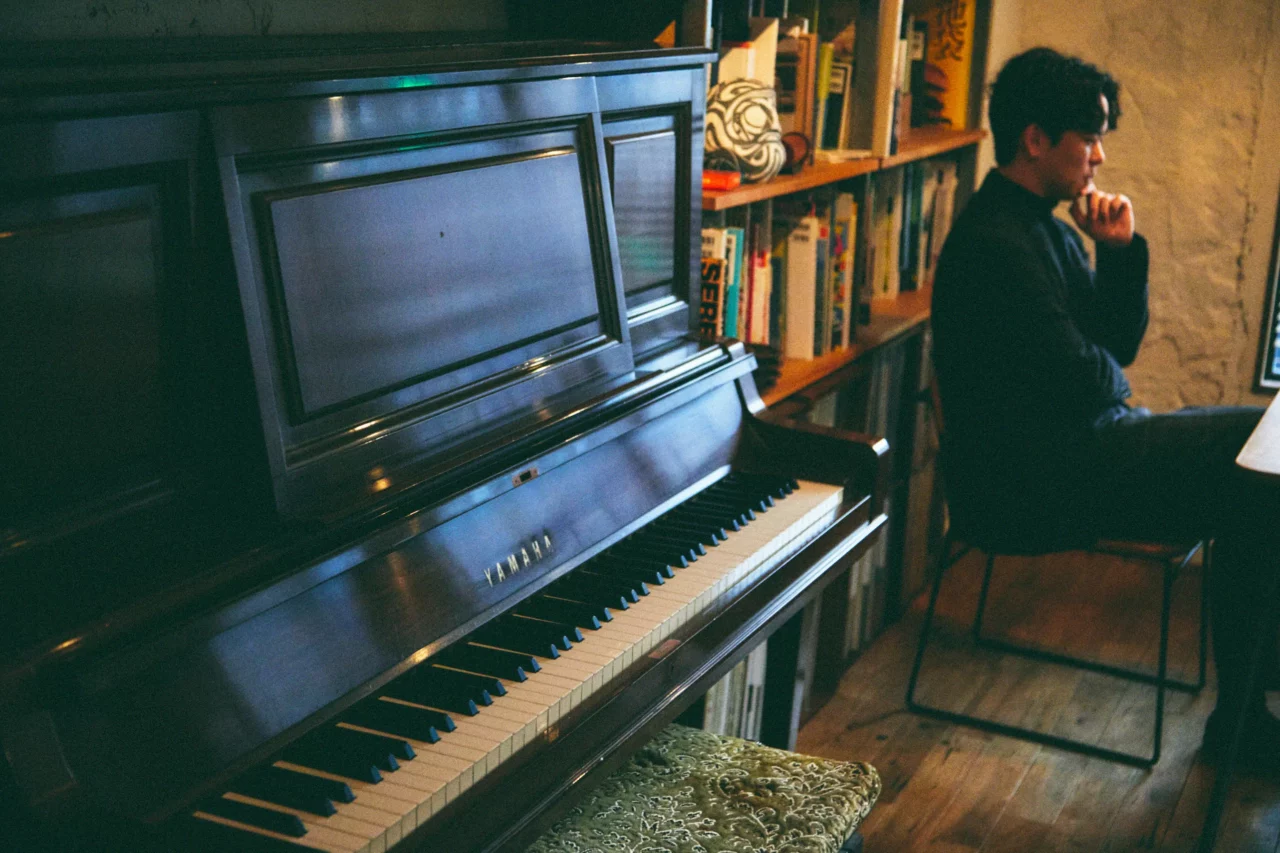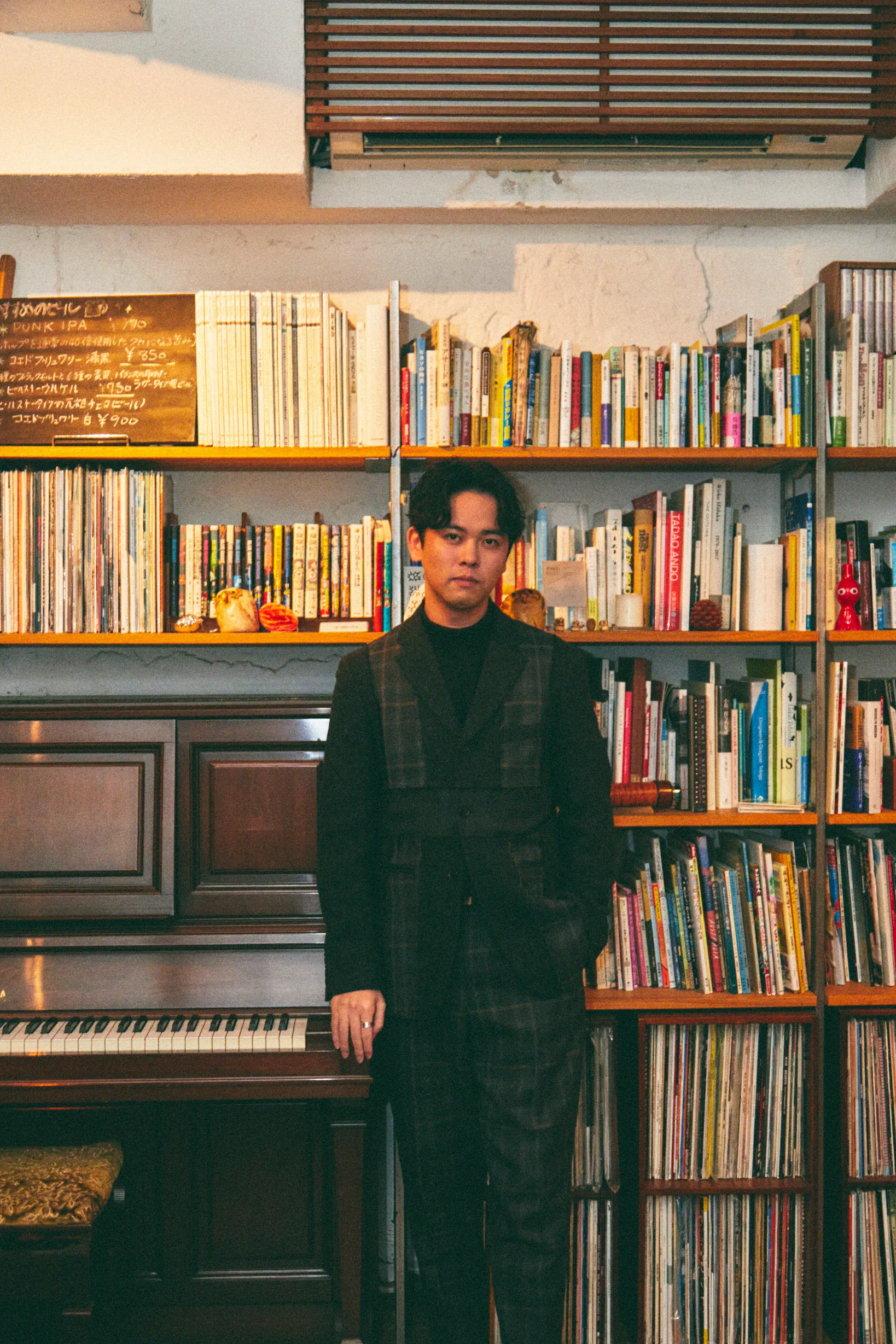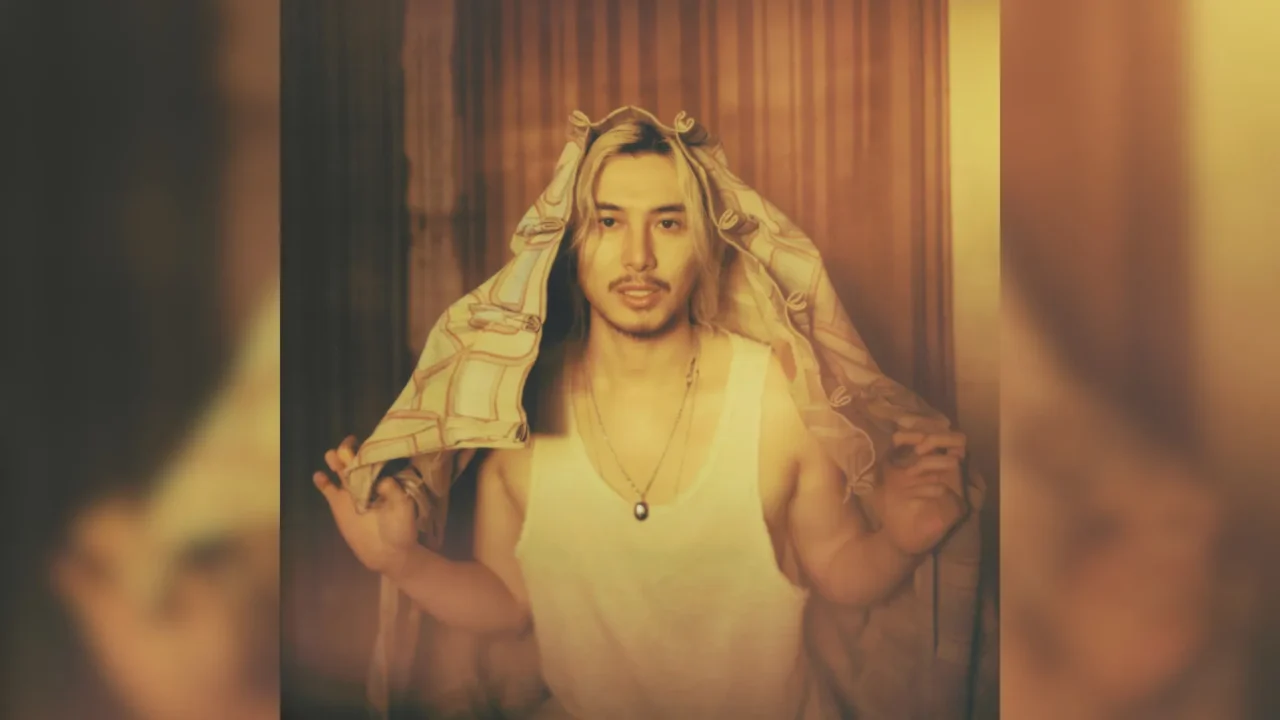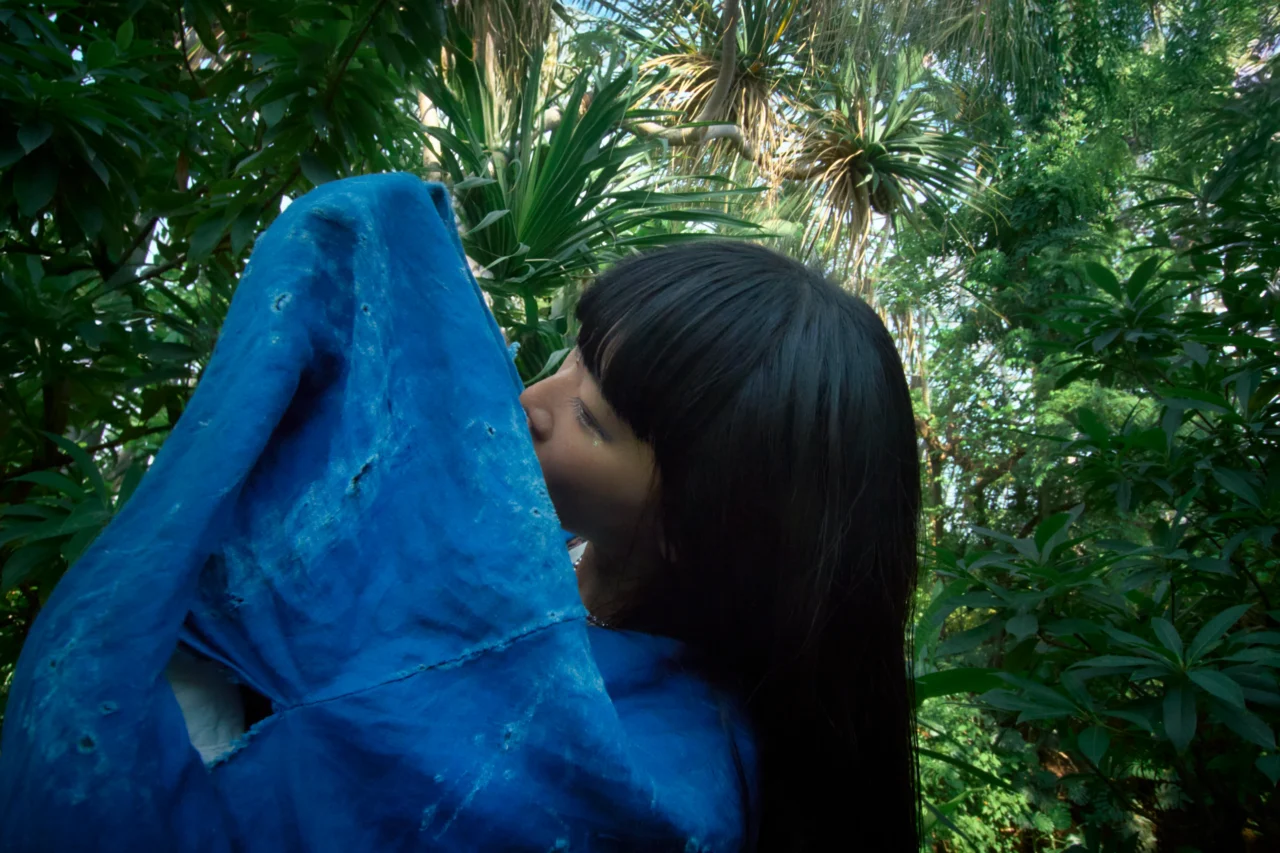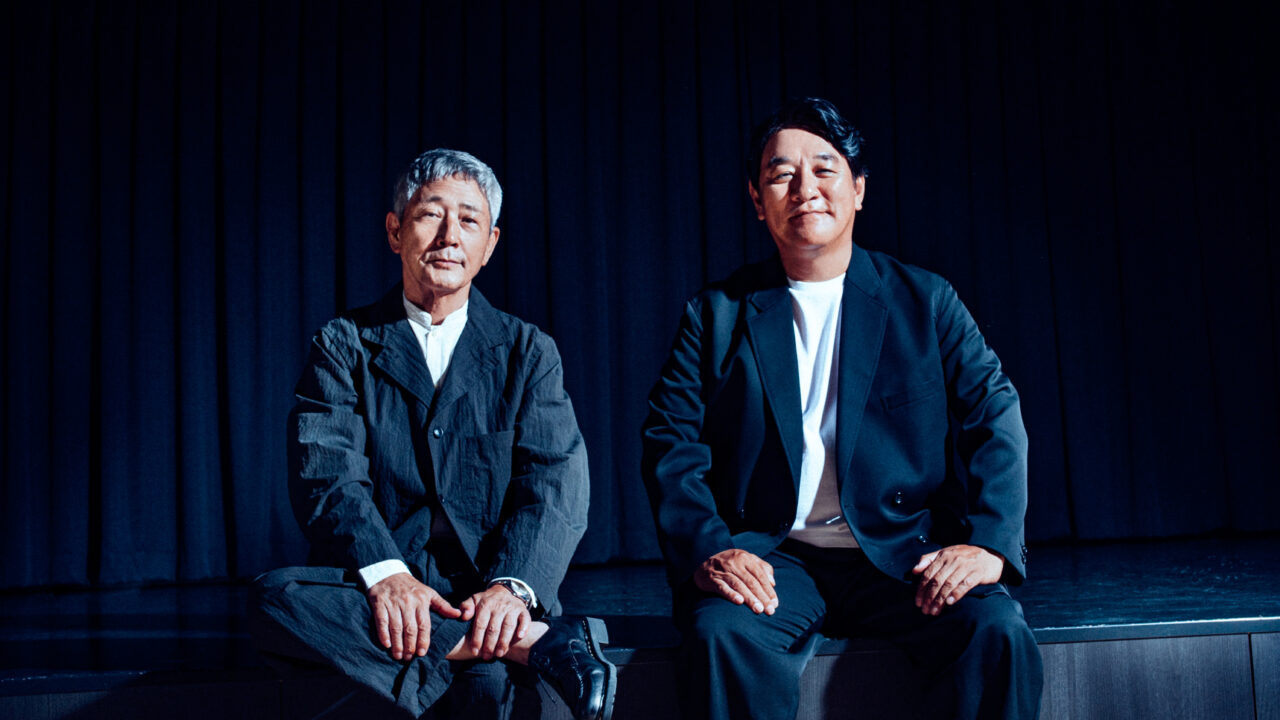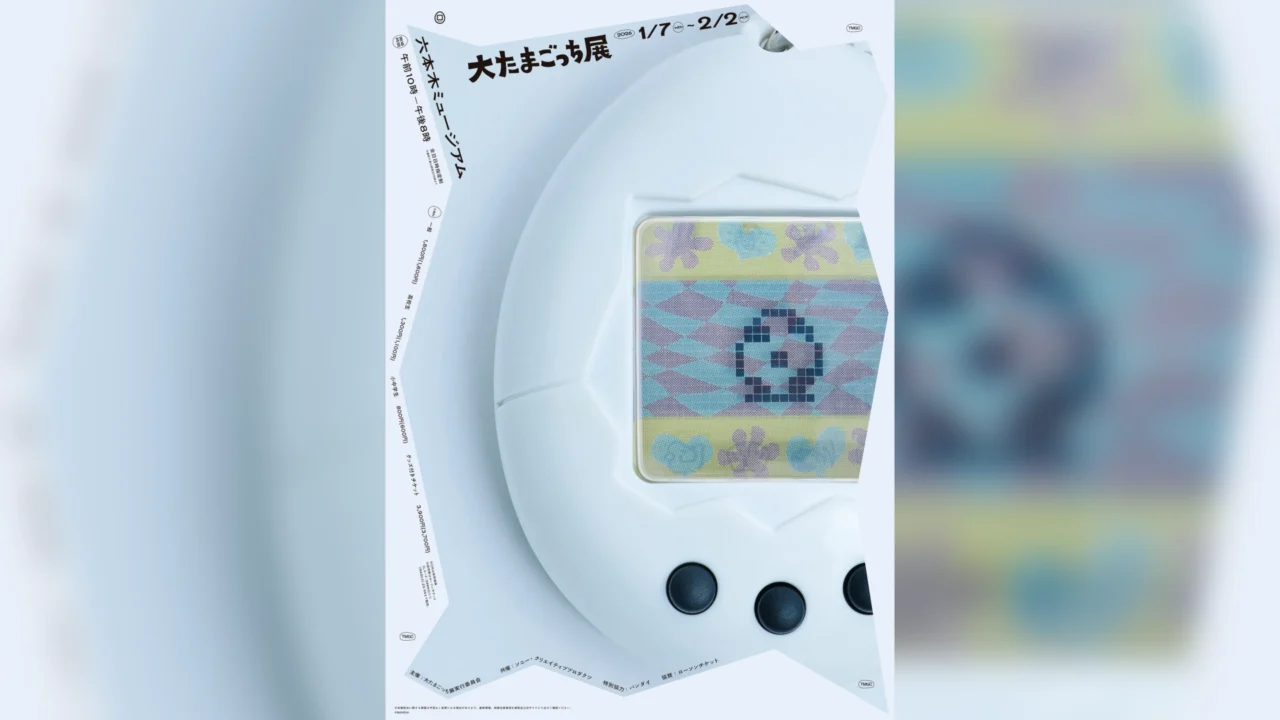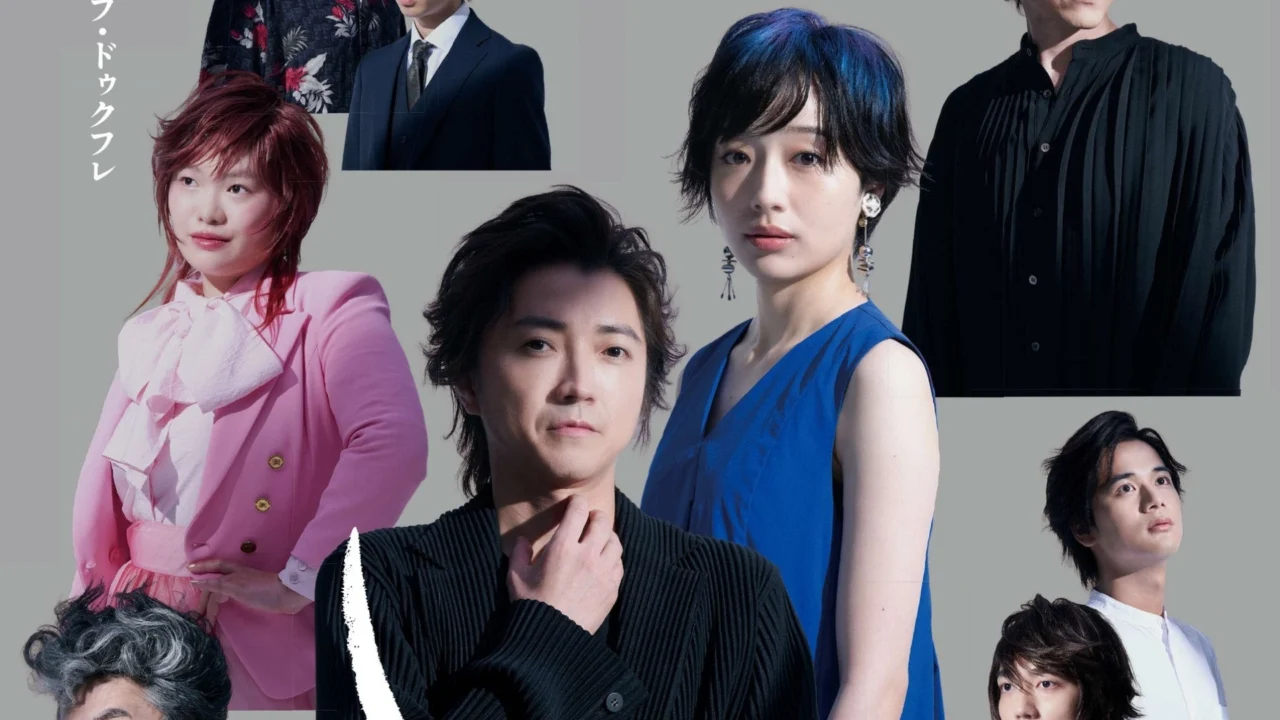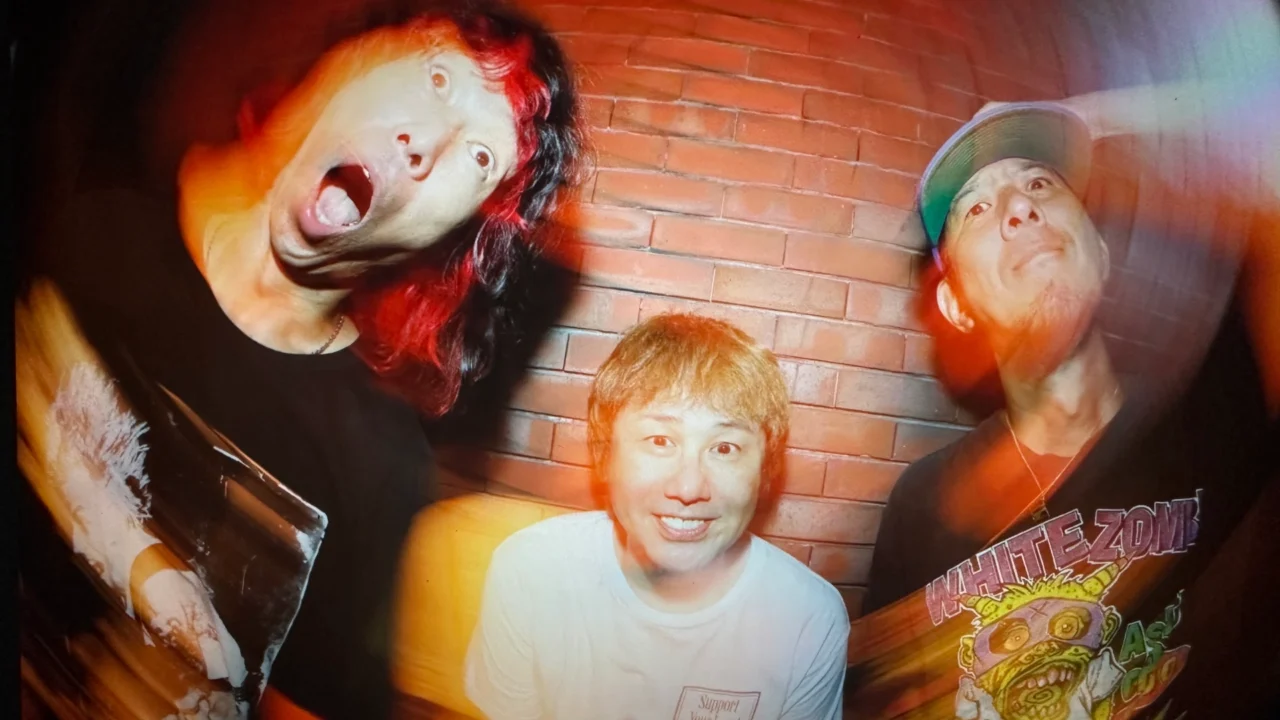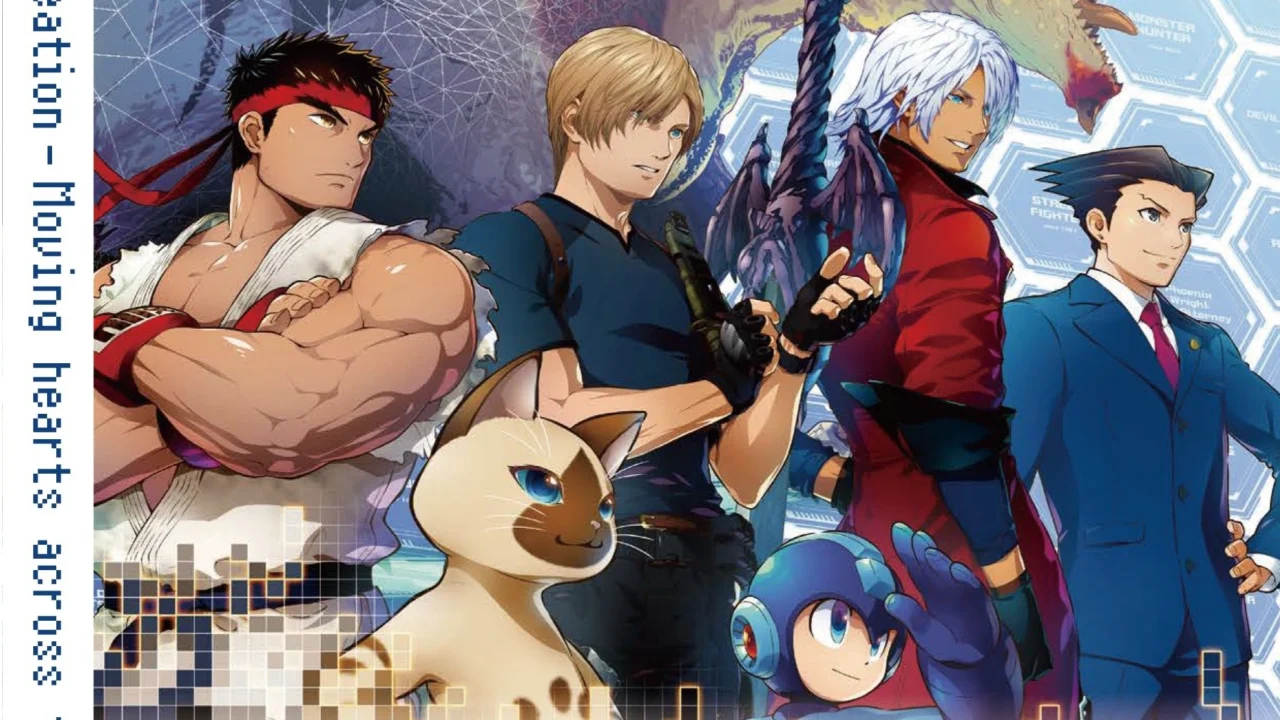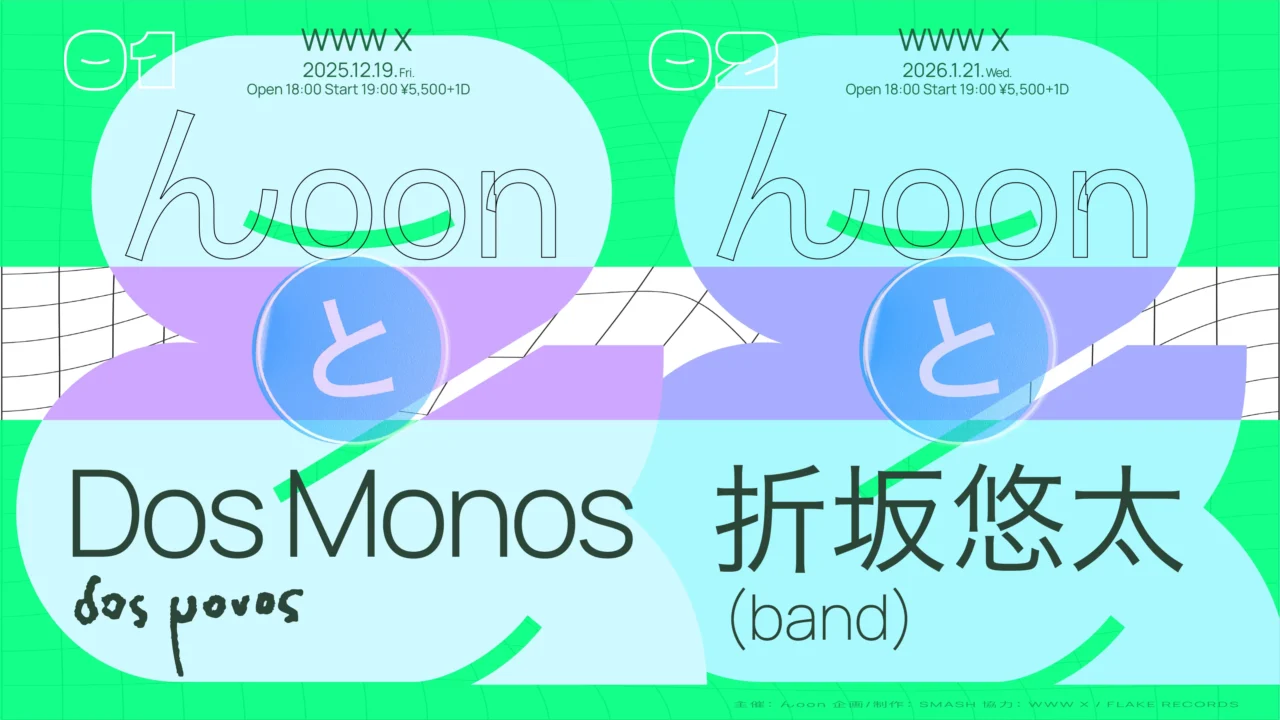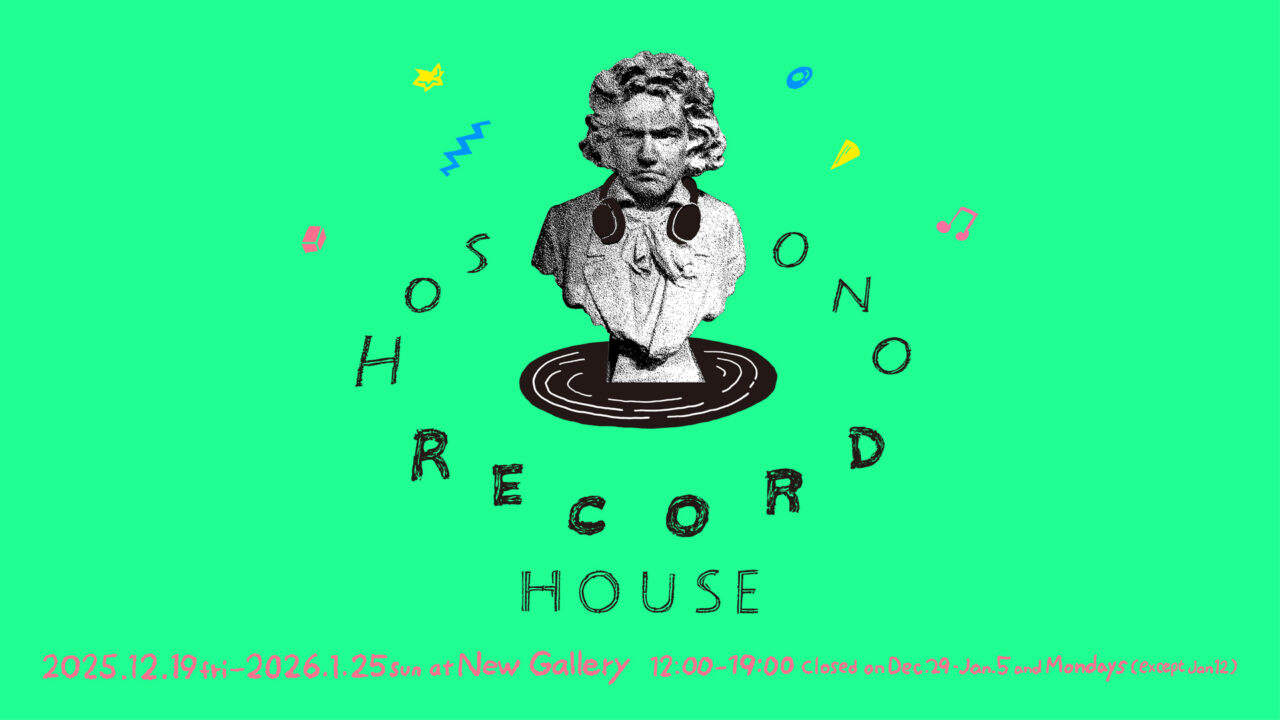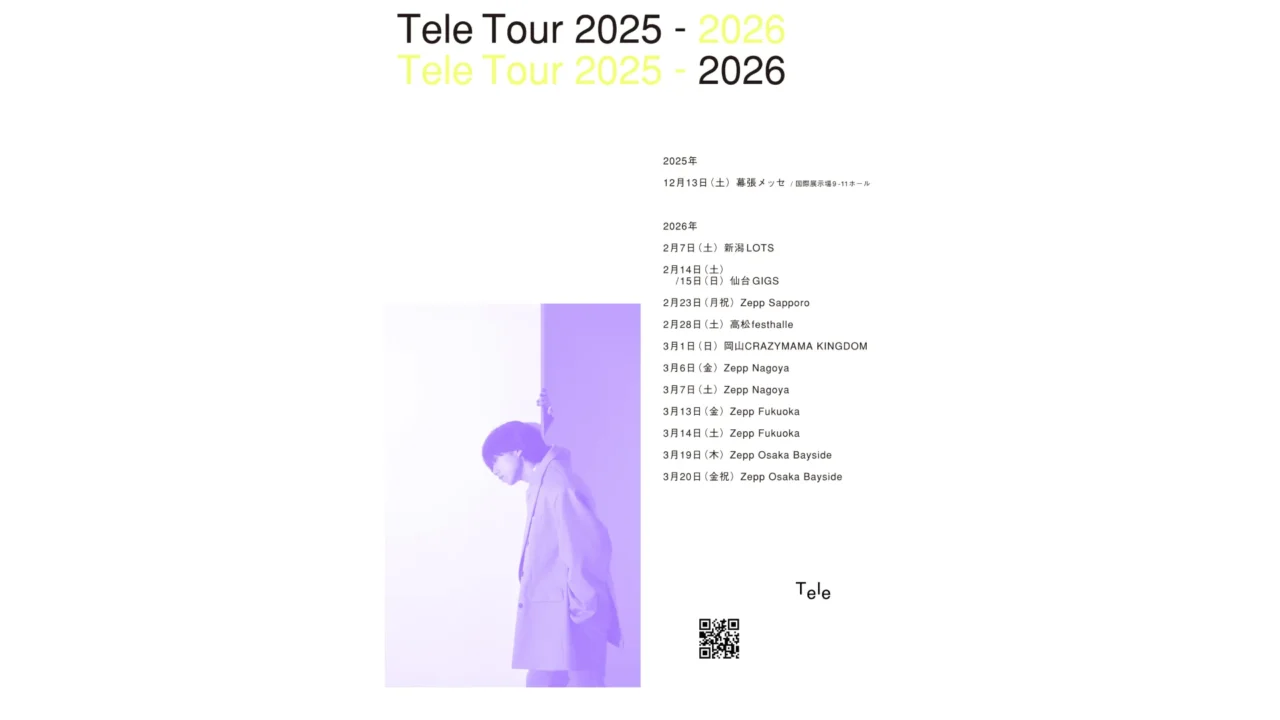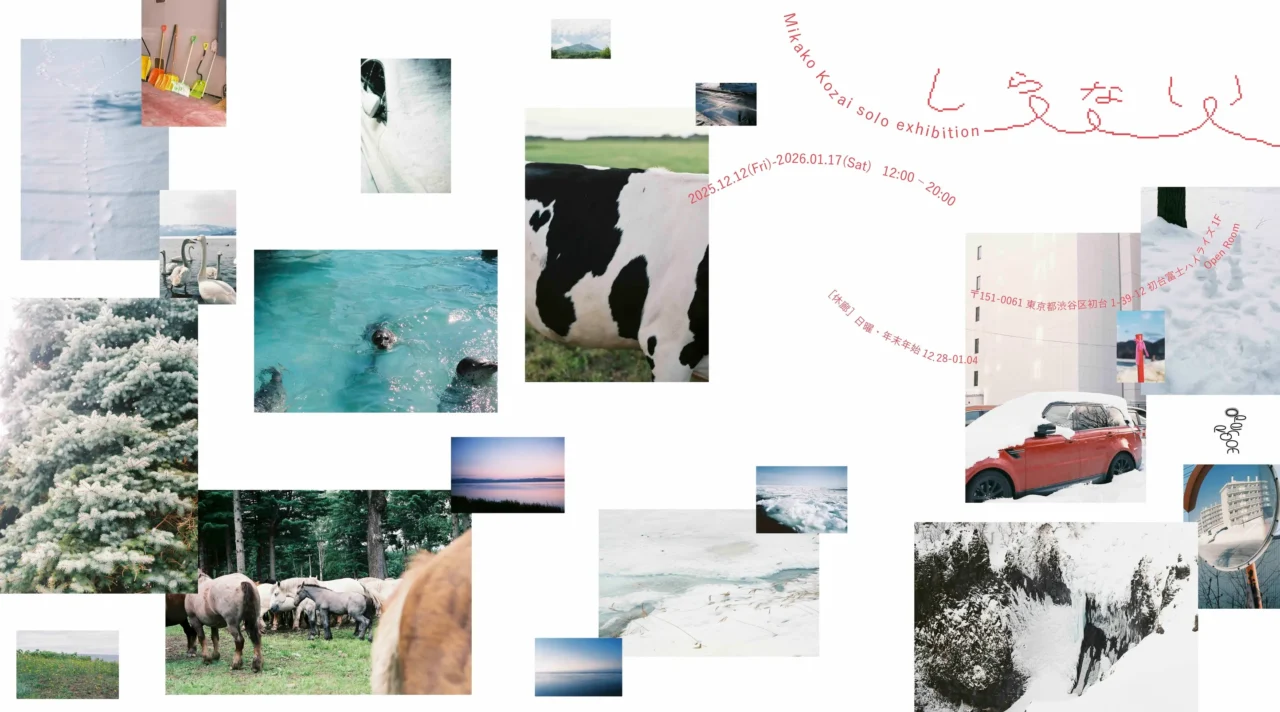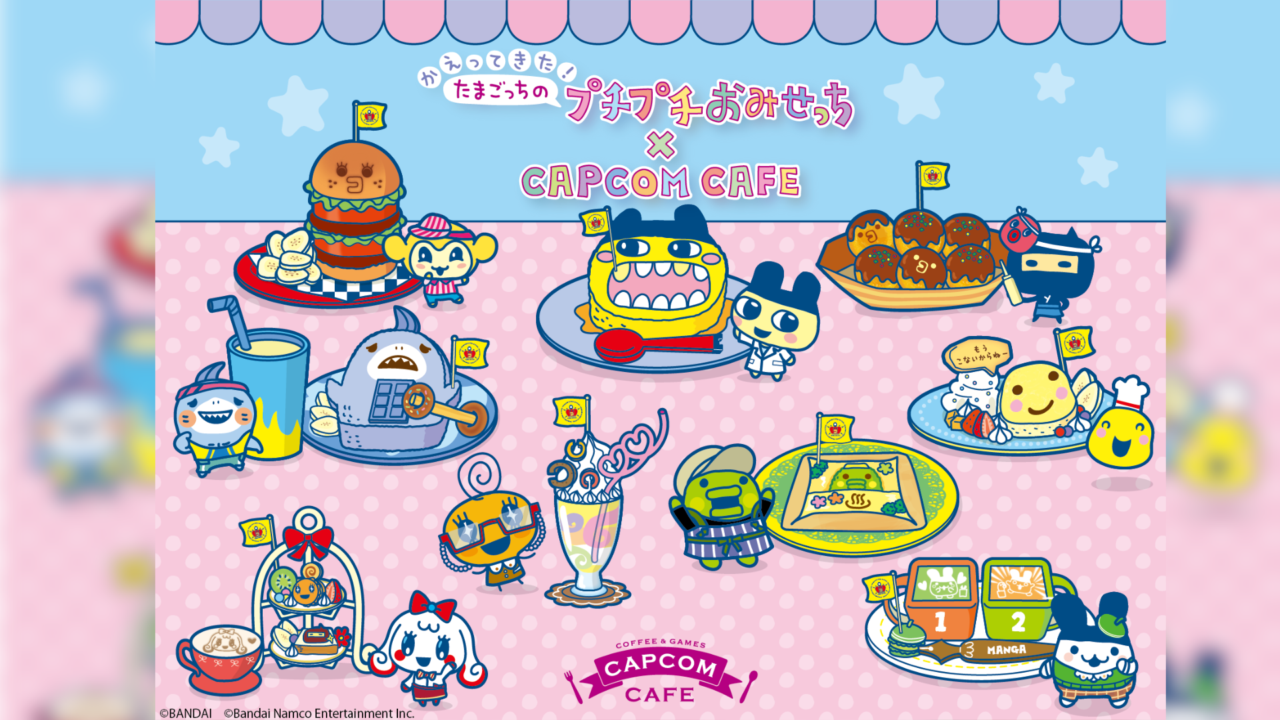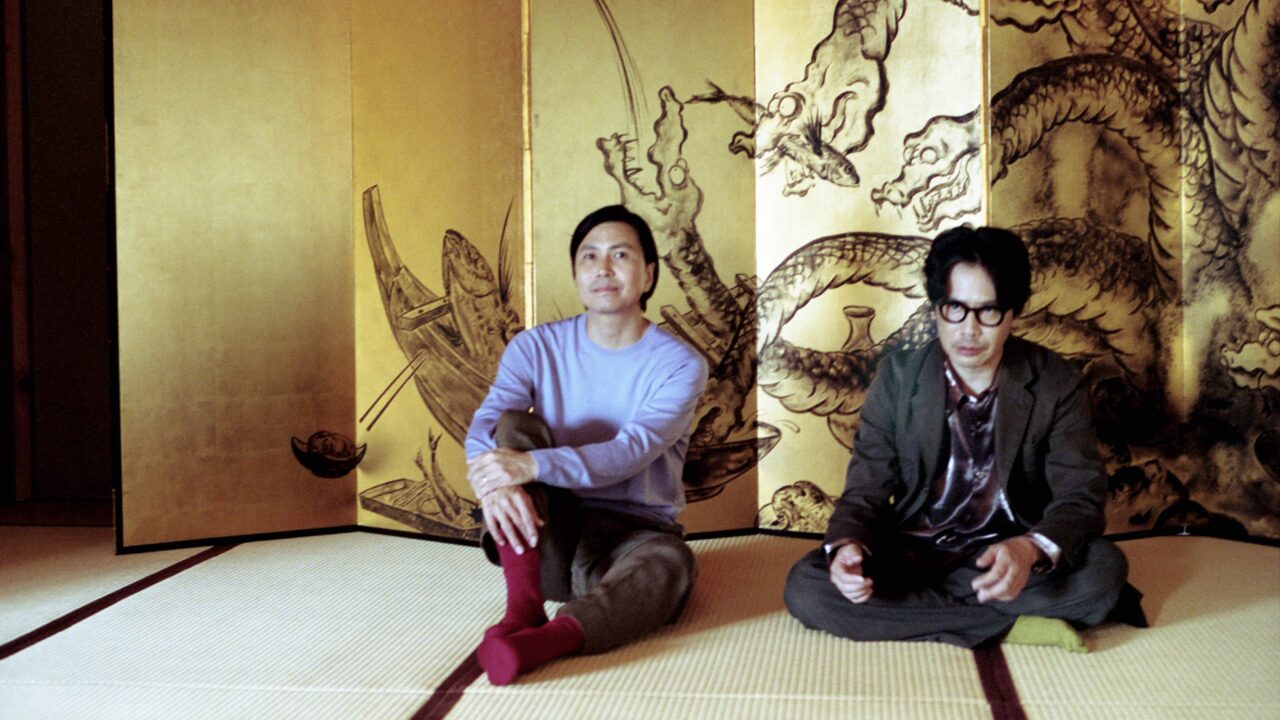Ayatake Ezaki, the keyboardist of WONK, has always pushed the boundaries of music, blending genres and exploring new soundscapes. Following the release of his debut solo album Hajimari no Yoru in May 2023, he’s gearing up to share Shades of—WONK’s first album in two and a half years—this November. A musical tapestry that blends digital and analog elements, improvisation and structure, Shades of is a culmination of Ezaki’s evolving vision and his deep connection with the keyboard.
But Ezaki’s journey doesn’t end with his band or solo work. His unique style has also found a home in the world of film music. In this interview, he reflects on his longstanding relationship with the piano, starting from his childhood, and opens up about how he went from resisting practice to forging a distinctive musical path all his own.
Yamaha Music Japan’s subscription service designed to support musical instrument performance. Click here for more details.
INDEX
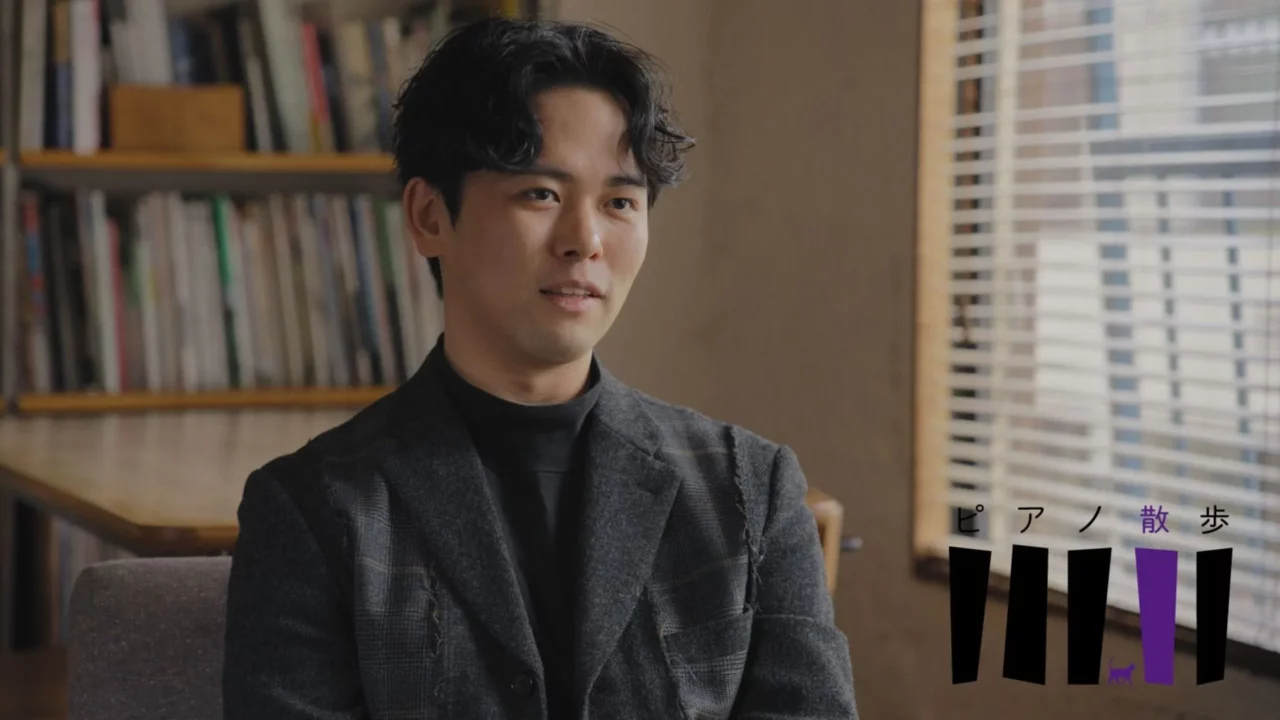
The New Album by WONK: A Blend of Everything They’ve Created So Far
In November 2024, WONK’s new album Shades of was released with the tagline “A Beat Music Chronicle from Tokyo.” Mr. Ezaki, what kind of expression were you aiming for with this album?
Ezaki: Actually, this tagline came up during a meeting with the staff after all the tracks for the album were completed. In other words, we didn’t set this theme from the start. However, when I listened to the finished product, I really felt that over the past ten years, we’ve created a wide variety of music. Some bands might decide on “this is our style” and stick to that direction consistently, but we’ve always been open to eagerly absorbing whatever we found interesting at the time.
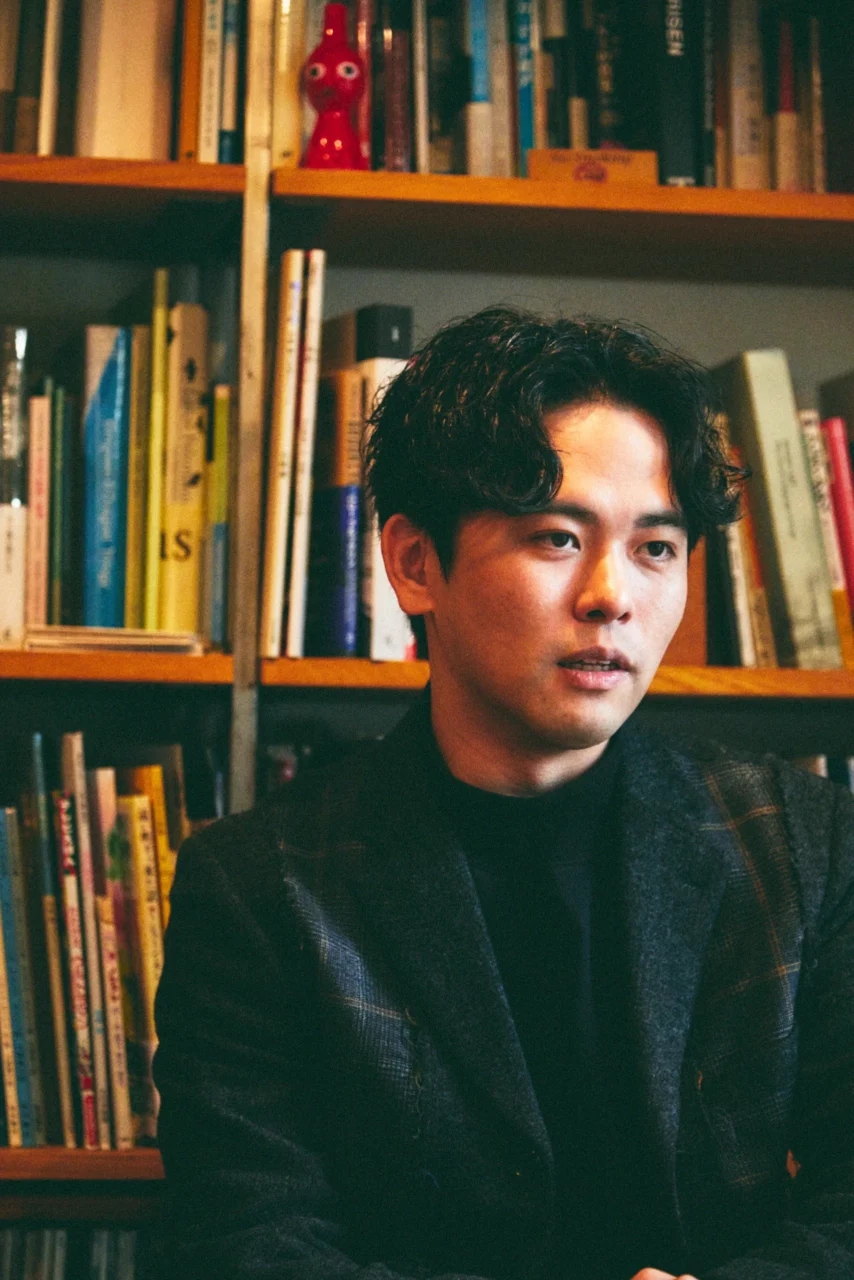
Musician. Born in Fukuoka City in 1992. He began learning piano at the age of 4 and started composing at 7. He graduated from the Faculty of Music at the Tokyo University of the Arts and completed his master’s degree at the University of Tokyo. In addition to being a keyboardist for WONK and millennium parade, he has contributed to numerous artists’ works, including King Gnu, Vaundy, and Kenshi Yonezu, through recording and production. He has also composed film scores, including for Homunculus (2021), and is involved in managing a music label and participating in arts education. Ezaki continues to freely cross various fields in his artistic pursuits.
The 4th album EYES, released in 2020, was a grand concept album that depicted diverse values in the information society through a sci-fi story. The following album, artless (2022), captured the subtle nuances of the heart and everyday scenes. How would you describe your latest work after these two?
Ezaki: I feel that it’s “a mix of all the elements we’ve used so far.” I can appreciate the digital aspects, like in EYES, and also the analog expressions, like in artless. Instead of choosing one over the other, I think the key feature of this new album is that we’ve placed both elements side by side without hesitation.
I also felt that in this work, your piano plays a more significant role than ever before.
Ezaki: I didn’t particularly intend for that to happen. However, our leader, Arata (Kou) on drums, would say things like, “We have this kind of song, but I’m not playing drums on it.” He’s such a kind leader, so perhaps he wanted to respect and incorporate the musical direction I was exploring solo. In fact, I think there were quite a few tracks, especially in the first half, that were built around the piano.
INDEX
Focusing on Achieving a “Good Sound” on the Piano
In a previous interview, you mentioned, “When we made our first album, ‘Sphere,’ I couldn’t even think about things like which mic to use. But over time, working with everyone, I’ve been able to expand what I can do, and I feel like I can now draw out various colors from keyboard instruments.” Do you feel that you were able to materialize the sound you wanted with more clarity this time?
Ezaki: Absolutely. When we first formed WONK, I hadn’t really thought deeply about the sound of the piano. As a jazz pianist, I was in an environment where playing the piano as it is was the norm, so I didn’t have the awareness of “shaping my own sound.” But as I gained more recording experience, the image of “what kind of instrument I want to play” and “what kind of sound I want to create” became clearer and clearer.
For Shades of, I used a variety of pianos—upright, grand, and even electronic sounds—while carefully considering the intent behind each sound. I also had the piano at STUDIO Dede, which I’ve always used, re-felted to my specifications (laughs). In the past, I thought just tuning it properly was enough, but I realized that small details, like noise textures, can sometimes lead to a “better sound.” My approach to the piano and my awareness of it have completely changed from before.
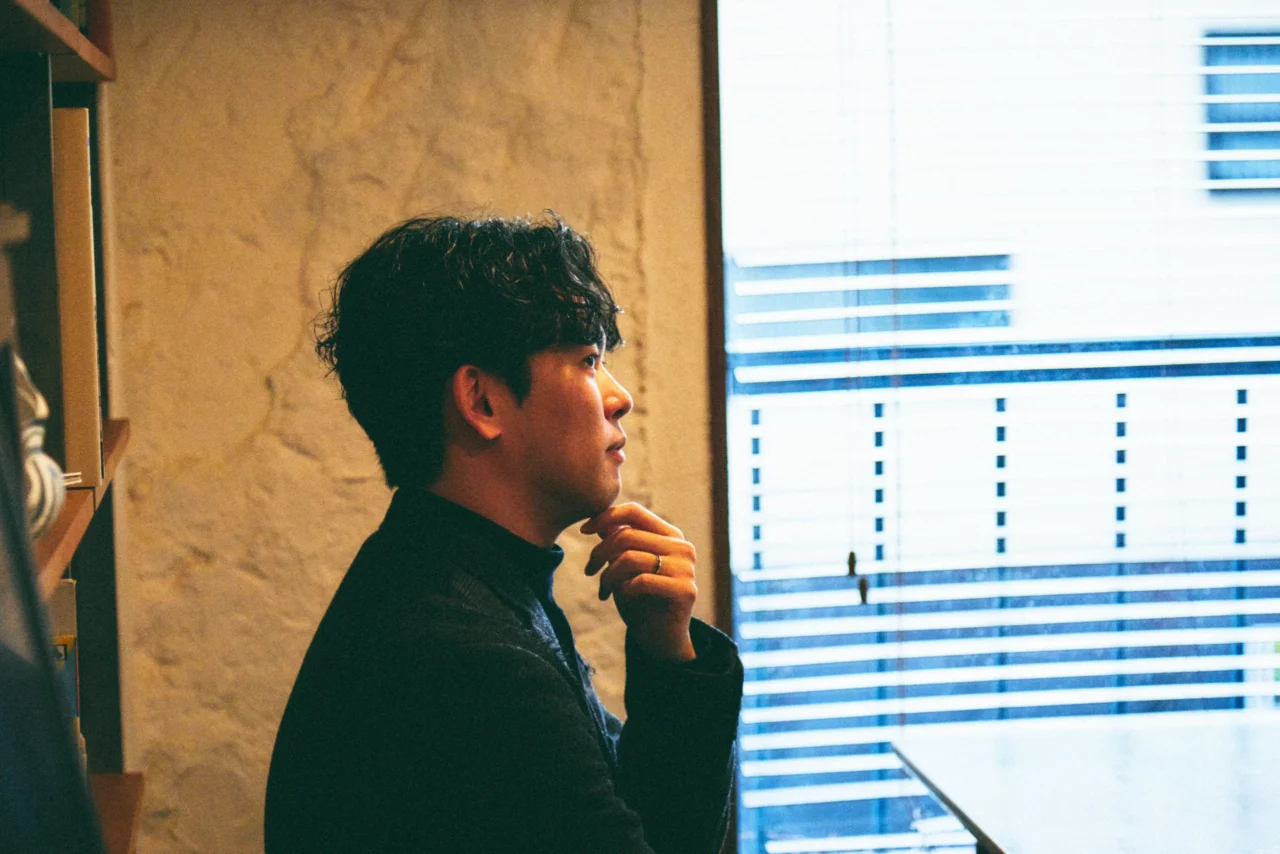
Are there any influences from artists like Nils Frahm and Ólafur Arnalds, who were mentioned in today’s Yamaha Music Members Plus video, on the acoustical aspects of the piano sound and performance beyond just the playing itself?
Ezaki: They are both performers and composers, but what inspires me the most is their approach not just as players, but as sound designers who carefully craft the acoustics as part of the recording art. Come to think of it, the organizer of THE PIANO ERA 2024, which I recently participated in, mentioned, “I always gather eccentric pianists.” Almost all the artists who performed there were not only players but also sound designers. Some even brought metal plate microphones from Europe and experimented by placing them inside the piano during tuning to record the internal sounds.
In Japanese concert halls, there’s a strong focus on having a designated tuner bring the piano to its best state, which makes it difficult to approach sound acoustically. The notion that a piano must be played “beautifully and correctly” is still quite prevalent, but I believe that if there’s more room for free thinking, it could open up even more possibilities for expression.
Did your increased awareness of tone and sound production come primarily from your solo activities?
Ezaki: Actually, it was more influenced by the bands and the J-pop artists I’ve worked with as a guest performer. Being inspired by them, I started to think more deeply about the sound of the piano, which eventually led me to the desire to try doing something solo. So, if I had been working solo from the start, I might still just be a player focused solely on the keyboard.
